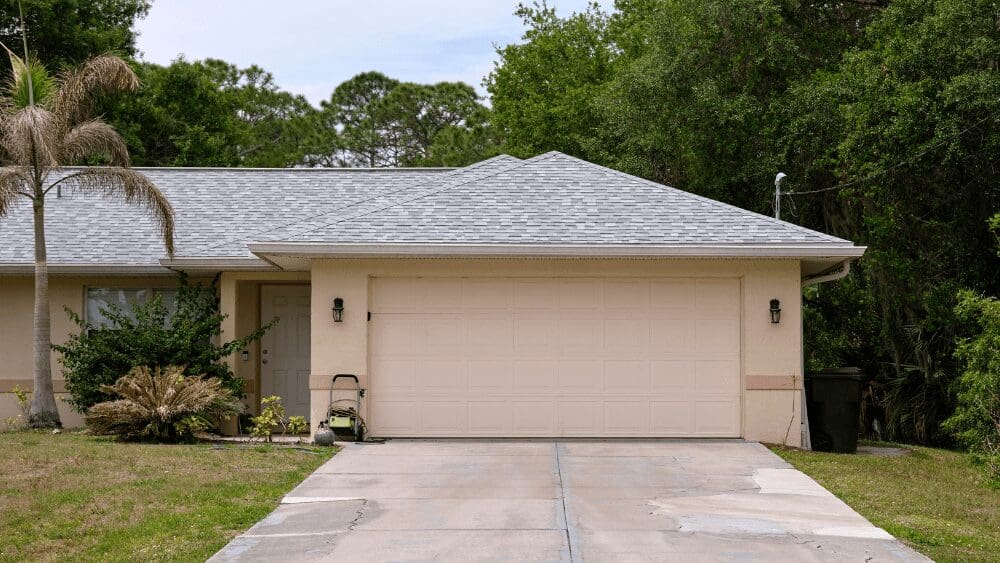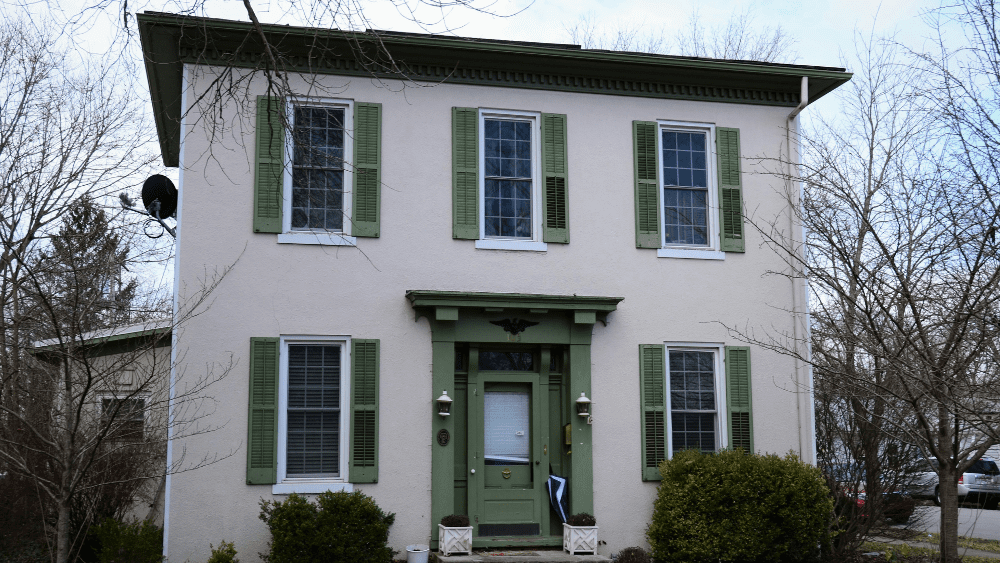Victorians building new homes will have more protections after legislation passed through parliament today.
Victorians planning to build or renovate their home will soon have access to better protections from dodgy builders after state parliament passed a suite of updates to building contract laws.
The changes help pave the way for the Building and Plumbing Commission to become the state’s one-stop shop for quality control, oversighting contracts, regulation, insurance and dispute resolution — and removing some of those powers from the director of Consumer Affairs Victoria.
Changes to the Domestic Building Contracts Act 1995 will also make it easier for homebuyers to end a contract with a builder and include changes to the rules for when and how builders are paid, touching on deposit limits as well as progress payment limits and stages.
RELATED: Albert Park terrace sells $480k above reserve despite structural issues
Melbourne suburbs where new homes cost over $1m
Crisis behind $155k Melb sky home surge
They also cover cost escalation clauses, intended to handle shock building cost increases as happened in the aftermath of the pandemic, but set ceilings on how high these can go.
While passed through parliament yesterday, they will take effect in stages — with a chunk of the bill’s changes not expected to be implemented until December, 2026, providing time for co-ordination with other reforms.
In announcing its passage, the government called out the shocking behaviour of builder Porter Davis, which collapsed in 2023 with more than 1500 Victorian homes contracted, including some they had not insured — leaving the public purse to repay deposits.
Minister for Consumer Affairs Nick Staikos said the intent was to protect Victorians as well as help get more homes built, and built well.
Victorian Consumer Affairs minister Nick Staikos believes Victorians will be better protected when building a new home after the legislation passed. Picture: NewsWire/Diego Fedele.
“For many families, their home is the single largest investment they will make in their lifetime – which is why it’s critical that domestic building contracts are clear and fair,” Mr Staikos said.
Minister for Housing and Building Harriet Shing said the changes were “another important part of putting consumers at the heart of a better building sector”.
Australian Builder’s Collective president Phil Dwyer has championed greater consumer protections nationwide for more than two decades, and said the bill being passed was a step towards better conditions for homebuyers — but there was still more work to be done.
“We will have proper protections for consumers; and for builders, no one who does the right thing has anything to worry about,” Mr Dwyer said.
“But while we will have a one-stop shop, the culture behind it is still there and that bothers us a little bit.
“There’s more work to be done, but I think it will be done.”
Builders Collective of Australia president Phil Dwyer believes the bills passing is a good step for home buyers, but more still needs to be done. Picture: Jake Nowakowski.
Housing Industry Association Victorian executive director Keith Ryan said there were many positives, especially efforts to tighten definitions so that developers building skyscrapers weren’t subject to the same contracts as those who were building a shed in a back yard.
However, Mr Ryan said they would reserve judgement on some aspects until they saw the “devil in the detail”.
He also noted that some details, such as the cost escalation clauses, were unlikely to be used by many builders as they would be bad for marketing — and were expected to be limited to use for home builds above $1m.
“And banks may also not accept those contracts,” Mr Ryan said.
But better clarity around progress payments would help with more modular and prefabricated home building in the future, he added.
Contracts for larger developments will be separated from more traditional homes under a change in definitions that formed part of the bill.
“HIA sees it as a good step, but there are some devils in the details,” he said.
While much of it would help create stronger protections that made a Porter Davis style collapse less likely, Mr Ryan said it was important to note that ending that risk entirely would be very difficult.
Australian Securities and Investments Commission insolvencies data shows 2307 construction companies have gone into administration nationwide so far this year — the highest level of any industry.
Sign up to the Herald Sun Weekly Real Estate Update. Click here to get the latest Victorian property market news delivered direct to your inbox.
MORE: Safety Beach villa snapped up for $200k



















 English (US) ·
English (US) ·